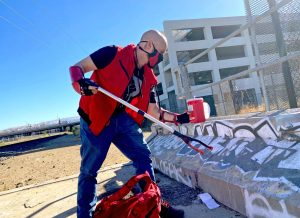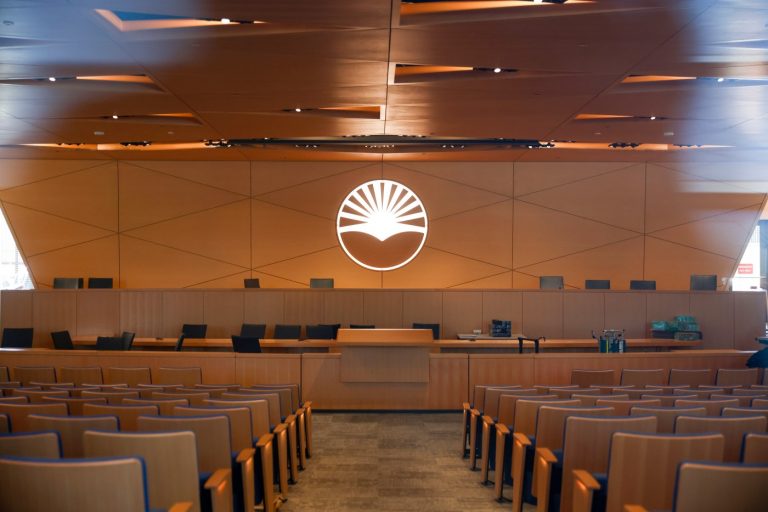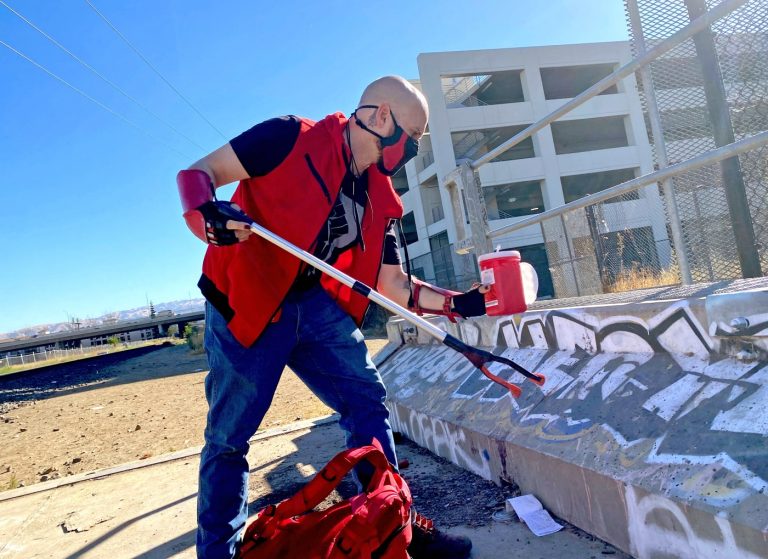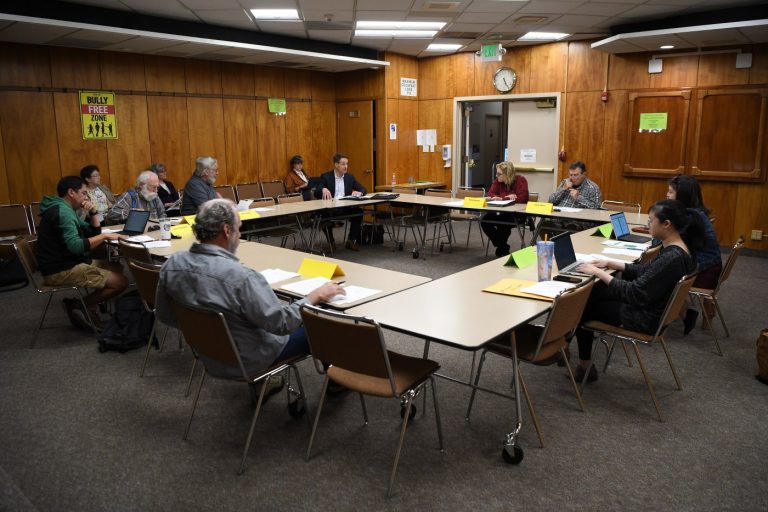OROVILLE — It’s no secret that rural parts of Butte County have limited options for internet service, nearly to the point of posing a danger for some in emergencies and major weather events.
The potential loss of landline services from AT&T down the line and a lack of cell phone towers have added to this stress in recent months as residents in these areas wonder if there is a light at the end of the tunnel.
On Tuesday, the Butte County Board of Supervisors heard a presentation from Deputy Administrative Officer Katie Simmons alongside consultant Shelley Westall regarding a recently launched feasibility study looking at the possibility of eventually bringing broadband internet to rural Butte County.
Westall, who works for Tilson Technology and was contracted by the Golden State Finance Authority to conduct the study, said the project consisted of engaging with members of the public while emphasizing various aspects such as businesses and anchor institutions. In her presentation, Westall said the outreach component was substantial.
“When we began the study, we did a series of community surveys,” Westall said. “We surveyed local businesses, we surveyed internet service providers and of course your community anchor institutions, which are schools, health care facilities, etc. We were provided the information for businesses by the chamber of commerce, the internet service providers through the (Federal Communications Commission) reporting process and then our own outreach, and then community anchor institutions through the (California Public Utilities Commission).”
According to the study, 83.8% of Butte County households are connected to the internet via high-speed fiber or cable networks. That number drops to 76.5% for fixed wireless options at minimum speeds and 42.3% at medium speeds.
Funding
Like most infrastructure projects, broadband isn’t cheap.
A portion of Tuesday’s presentation focused on funding sources for the long-term implementation of broadband and its required infrastructure. Westall didn’t detail funding as much, stating that it was “in flux.”
“I will say that CPUC is developing the recommendations for (the Broadband Equity, Access and Deployment program, or BEAD) and the BEAD proposals,” Westall said. “That will be forthcoming, and I encourage everyone to provide as much feedback to the CPUC about how that works and how they will be looking at areas for possible funding.”
BEAD itself, Westall said, prioritizes unserved communities first before moving on to underserved communities and eventually the previously mentioned anchor institutions.
The majority of funding comes from Senate Bill 156 to the tune of $6 billion over the course of three years to promote building broadband infrastructure throughout California. Roughly $3.25 billion of that funding is expected to go directly toward acquiring, building and maintaining what is referred to as middle-mile network. According to the bill, middle-mile network refers directly to areas that are underserved in terms of extending broadband internet.
Last-mile network refers to infrastructure serving institutions like schools as well as disabled internet users and lower-income households.
The next steps in the study consist of identifying ways to build broadband infrastructure and come up with a strategic funding plan, Westall said.
The item was information-only and did not require a vote by the board.
Other business
Aside from the presentation regarding broadband internet, the board heard the following items:
• The board imposed liens on a series of properties as suggested by code enforcement. The properties were declared public nuisances because of issues such as illegal cannabis grows. In total, five properties were reviewed.
Related Articles
FEMA and Butte County at odds over Project Roomkey reimbursement
Supervisors to hear report on broadband feasibility study
Butte County adopts groundwater recharge plan
Butte County Supervisors to consider groundwater recharge plan
Meet the candidates: Julie Threet
• A public hearing was held for the adoption of an early study for a bridge replacement south of Oroville. The Central House Road Bridge is narrow and spans 190 feet, but has shown signs of aging and is in need of replacement, according to Joshua Pack, Butte County public works director. The board unanimously approved the resolution for the initial study and mitigated negative declaration. Construction costs are expected to be around $5.4 million.
• The board received a federal legislation update with a focus on county projects as well as potential funding opportunities.
• Unanimously, the board approved a budget adjustment for an increase in funding to Compassion Pathway Behavioral Health, LLC for the treatment programs it provides. The board raised the funding from $1,379,699 to $2,362,123.













+ There are no comments
Add yours